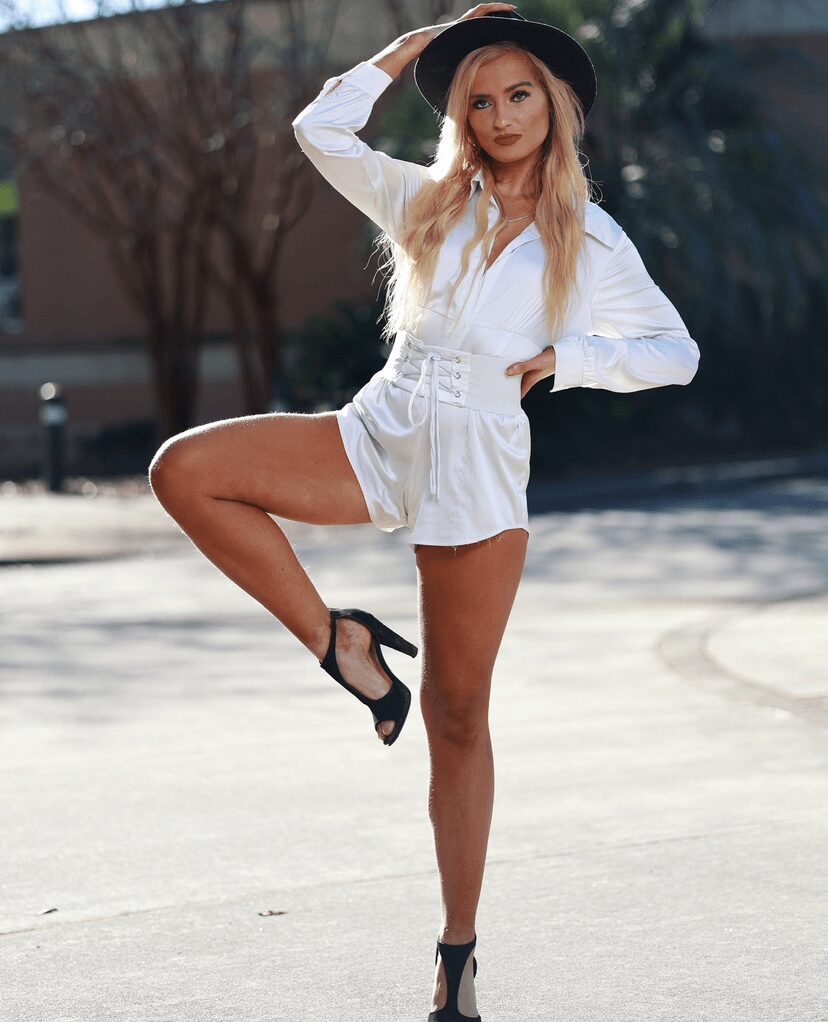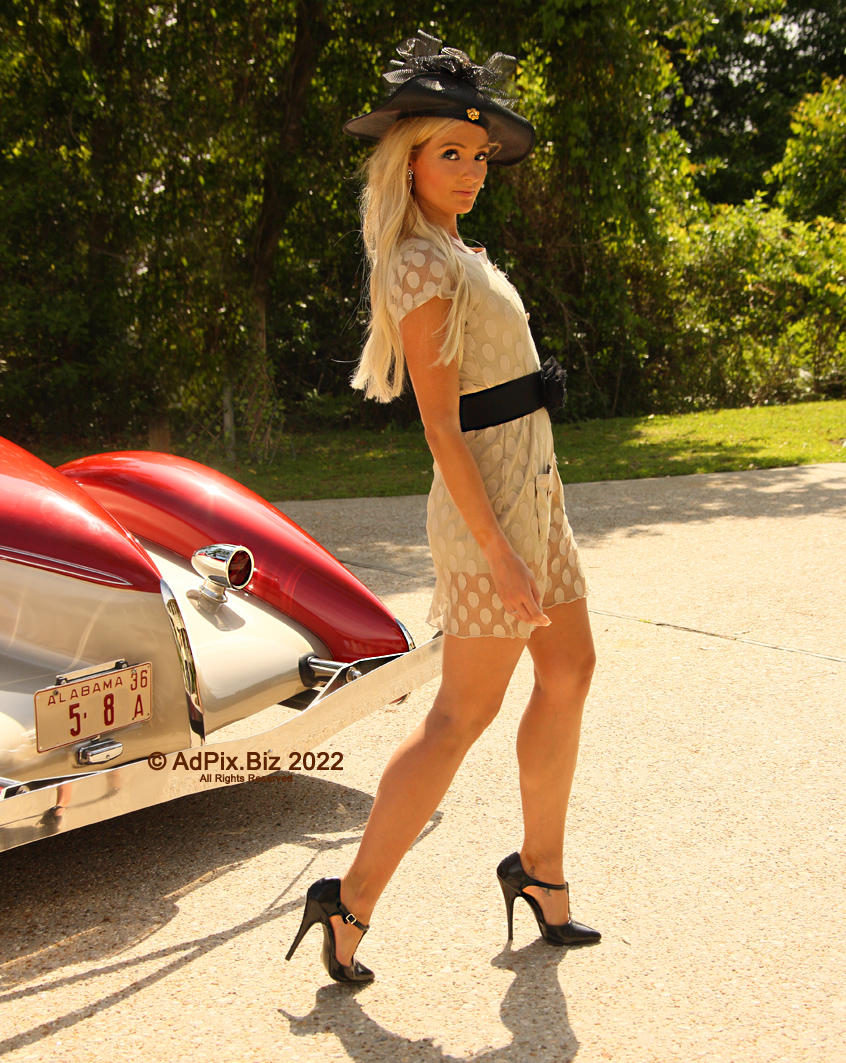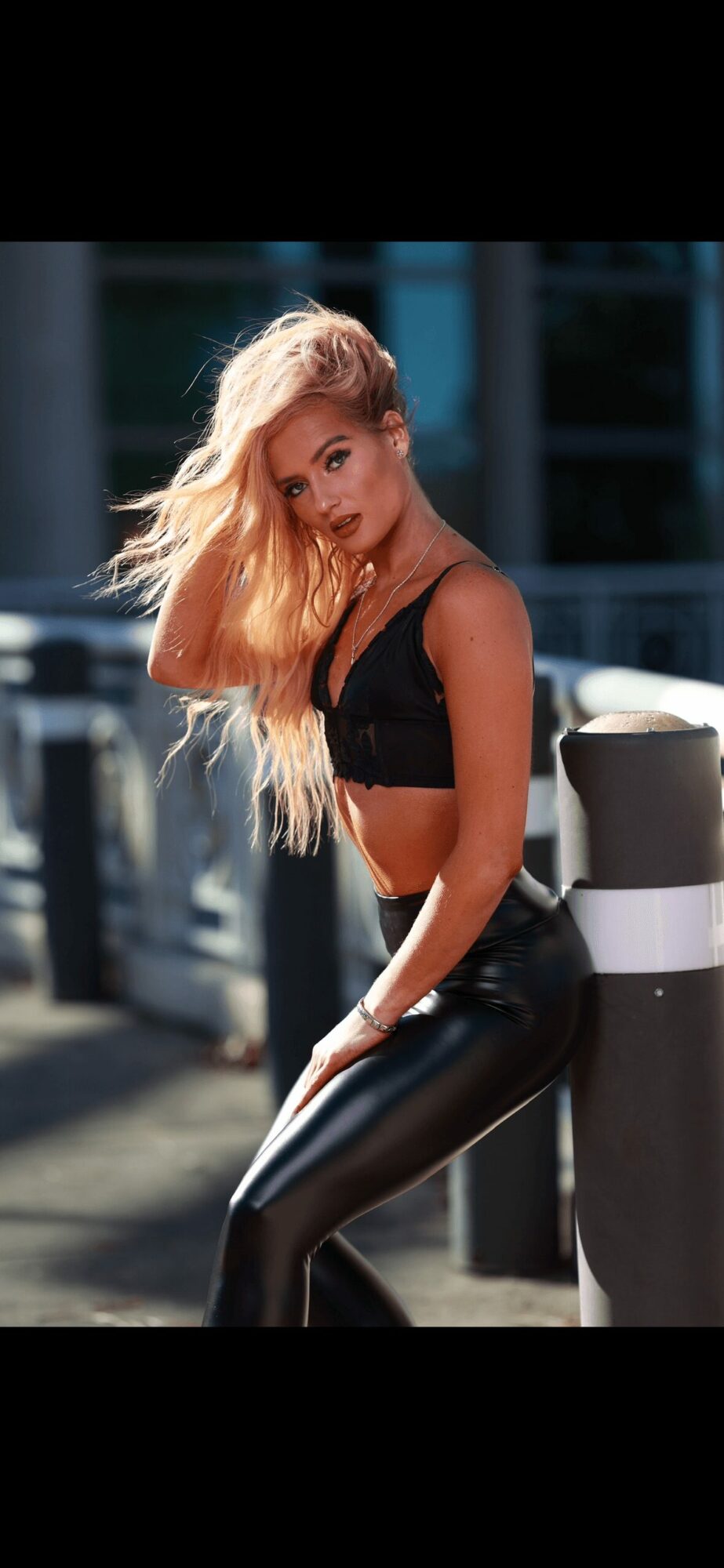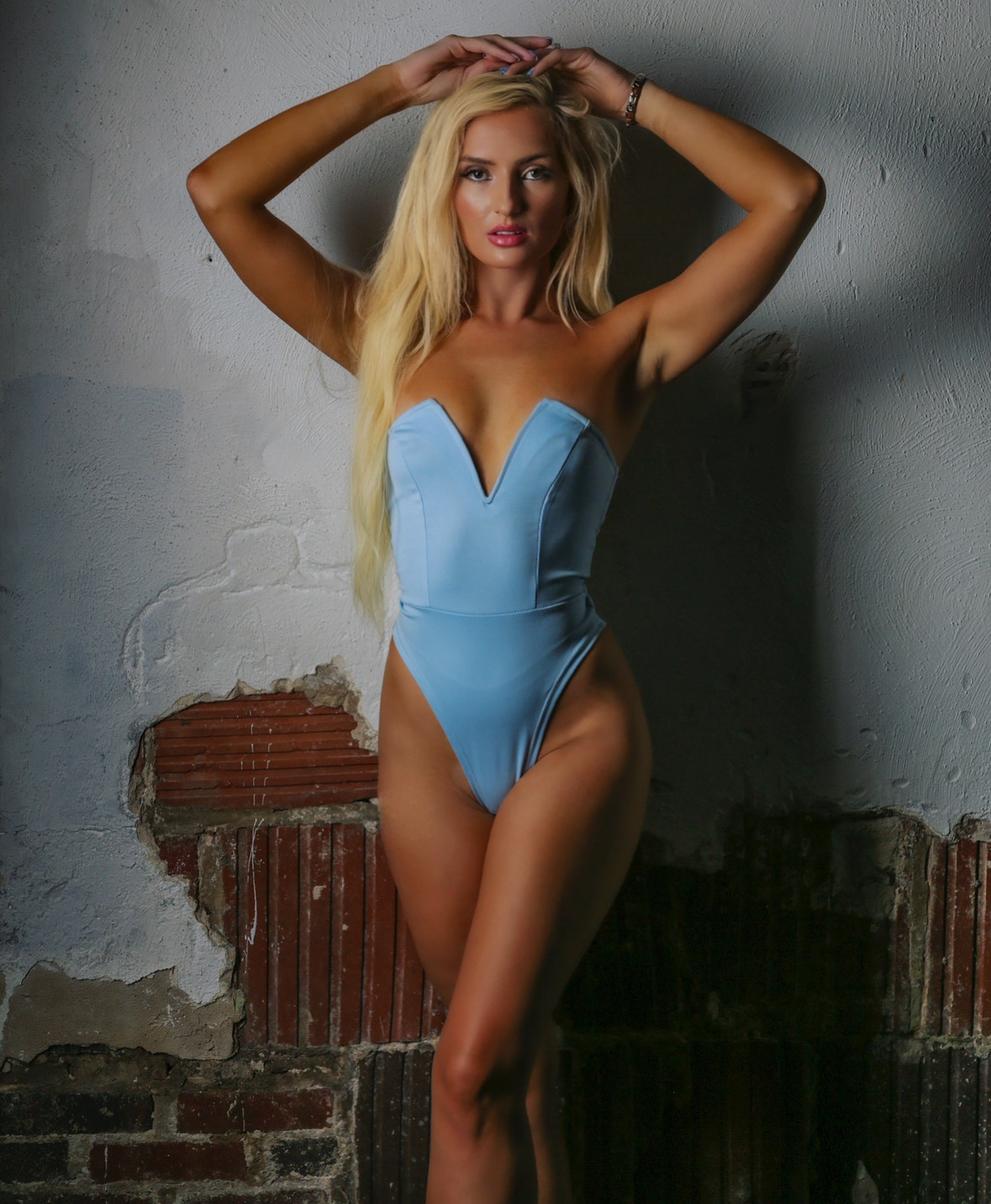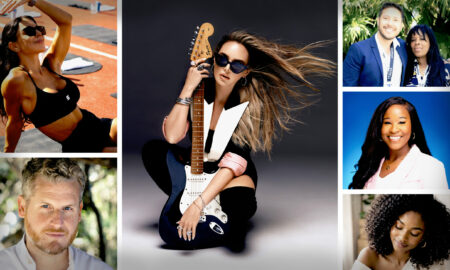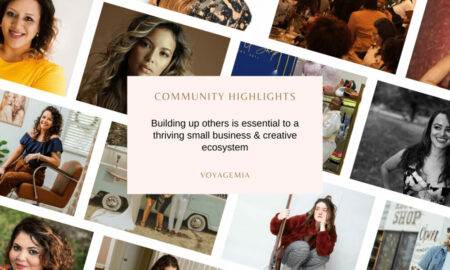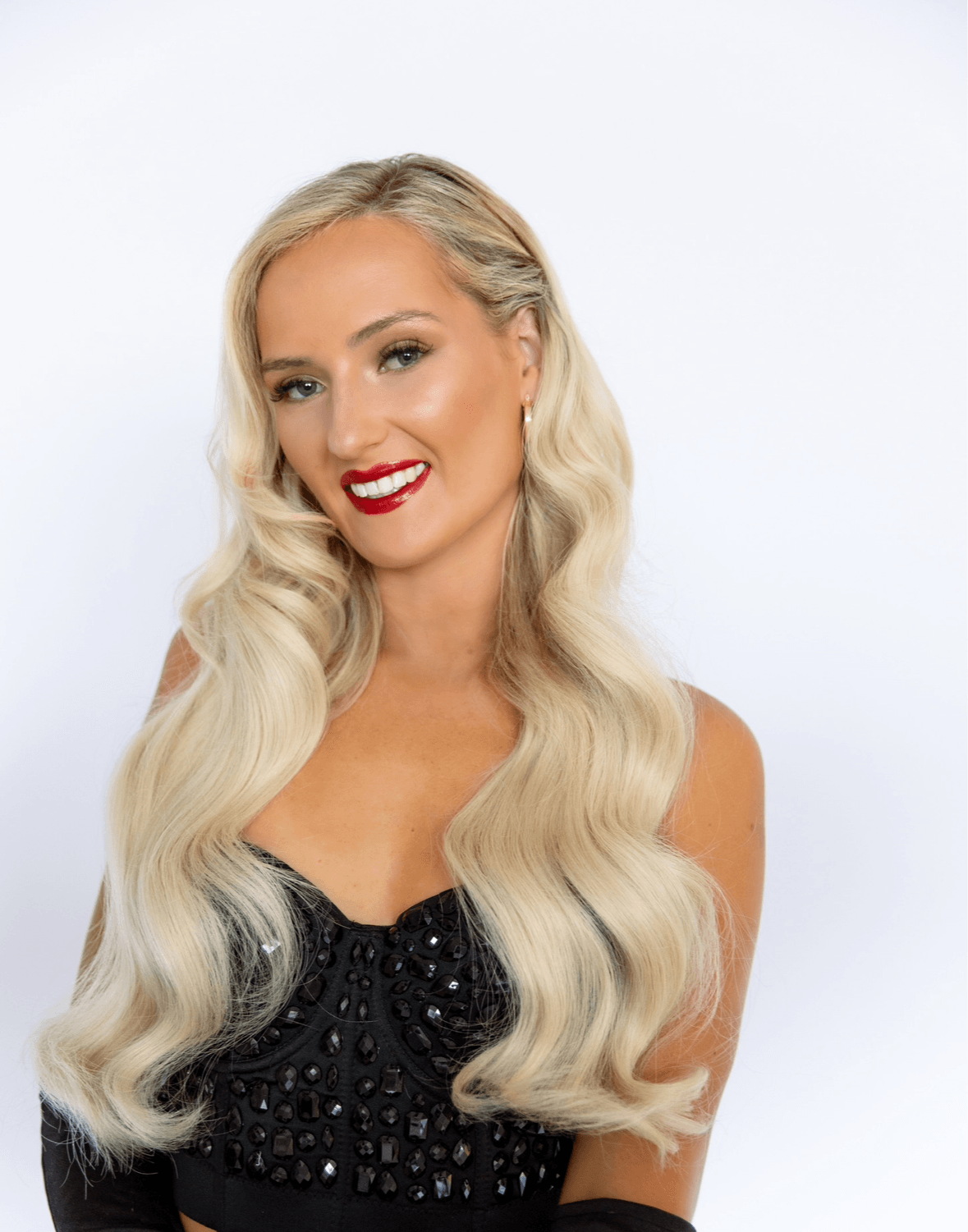

We recently had the chance to connect with Cindy von Ahlefeldt and have shared our conversation below.
Cindy, we’re thrilled to have you with us today. Before we jump into your intro and the heart of the interview, let’s start with a bit of an ice breaker: What makes you lose track of time—and find yourself again?
Travel, hands down. There’s something about being somewhere new — the smells, the language, that completely resets me. I can lose hours people-watching in a café, writing in a travel journal, or just wandering with no plan. It’s not just about the scenery; it’s about how travel reminds me that I’m part of something much bigger than myself. That always brings me back to who I am at the core.
And then there’s storytelling. Whether I’m writing creatively or posing for a photo that tells a story without a single word, I feel most alive when I’m in that creative flow. I’ve always seen modeling as another form of self-expression — like writing, it lets me explore identity, emotion, and vulnerability in a visual way. I can go hours planning a concept, styling a look, or editing tiny details just to get it right. Not for perfection, but for authenticity.
These creative spaces — traveling, writing, modeling — they all feel like different ways of saying the same thing: This is me. This is the world I’m exploring. Here’s how I see it. That process both grounds me and expands me. And that’s when I feel most like myself.
Can you briefly introduce yourself and share what makes you or your brand unique?
Hi! I’m Cindy Von Ahlefeldt — a South African-born creative, academic, and aspiring physician with a deep love for psychology, storytelling, and purpose-driven work. I wear a few different hats: I’m a Ph.D. student, a university instructor, a published researcher, a creative writer, an athlete a model coach and a model. On paper, it might look like a mix of science and art — but to me, it’s all one story about understanding the human experience from every angle.
My work centers around how people think, feel, and perform under pressure. I study stress, personality, and decision-making in high-stakes environments — from digital spaces like social media to military training simulations. I’m passionate about making science not just accessible, but human — whether I’m designing engaging psychology courses, presenting at conferences, or writing something that helps someone feel seen.
But I’m also a traveler, a storyteller, and someone who finds beauty in the in-between moments. Creative writing and modeling have been two of my favorite ways to explore identity and emotion, especially as someone who grew up navigating different cultures, expectations, and spaces. I see both as visual and written extensions of the same question: What does it mean to be fully, unapologetically yourself?
Right now, I’m applying to medical school while continuing my research and teaching. I’m especially interested in integrative care and the intersection of mental and physical health — the kind of work that bridges evidence-based science with empathy. I’m also growing my brand as a speaker, educator, and creative — finding ways to connect with others who are navigating complex paths and trying to make something meaningful out of it.
Whether it’s through science, storytelling, or just holding space for real conversations — my goal is to create things that help people better understand themselves and each other.
Thanks for sharing that. Would love to go back in time and hear about how your past might have impacted who you are today. What was your earliest memory of feeling powerful?
It wasn’t one moment — it was two, moments apart, but forever connected.
The first was when I stood at the starting line of a trial race in high school, shoulder to shoulder with Caster Semenya (Olympic gold medalist). Even then, before the medals and headlines, you could feel her power not just in her speed, but in her presence. I was younger, smaller, completely unsure if I even deserved to be there. But when the gun went off, I didn’t hesitate. I ran. Hard. I didn’t win — of course I didn’t — but I didn’t fall back either. I held my own. And for the first time, I felt what it meant to rise to a challenge without shrinking. That race stayed with me — not because of who I ran against, but because of who I proved I could be. That race changed my life and gave me the ability to come to the USA and run track at a D1 university.
The second moment came moments later, when I realized I had to leave South Africa.
It wasn’t the dramatic kind of power people write speeches about. It was quiet. Lonely. I was staring out at a country I loved — one that had shaped me, and raised me. I knew staying meant safety in the familiar, but also a slow erasure of everything I knew I could become. The corruption, the violence, the shrinking dreams — they were real. But so was my hope. Choosing to leave wasn’t just about escape. It was about expansion. It was the first time I truly chose me.
Those two moments — the race and the reckoning — taught me what real power feels like. Not perfection. Not victory. Just truth. Knowing who you are, what you’re capable of, and refusing to shrink for anyone or anything.
And every version of myself since — the student, the researcher, the teacher, the traveler, the model, the writer — she’s still running that race. Still choosing that power.
Was there ever a time you almost gave up?
Yes. I think everyone has.
When I first came to the U.S., I was so close to giving up, after about 3 months.
I arrived with $200 and a bag, thinking I was brave. And I was — but I was also completely unprepared for how alone I would feel. No family, no safety net, no one checking in on me. I had left everything I knew — my home, my culture, my language, the version of myself I had worked so hard to build — and landed in a place where I didn’t know how anything worked.
I was hustling every single day just to stay afloat. Working, studying, pretending to be fine while crying myself to sleep at night. I was surrounded by people but felt completely unseen. And I kept thinking, What if I made a mistake? What if I gave everything up for a life that doesn’t want me?
There was a moment — I remember it vividly — where I looked up flights back to South Africa. I was that close.
I thought, Maybe I don’t have to fight this hard. Maybe home is easier. Maybe I was never meant to belong here.
But something inside me — that same part of me that pushed through rejection, through being underestimated, through being judged for modeling or dreaming too big — that part said, No. You belong here. Even if no one’s told you that yet.
And I stayed.
I kept going, one day at a time. I taught classes. I earned degrees. I presented research. I modeled. I wrote. I started finding my people — and more importantly, I started finding myself again.
Now I’m transitioning from finishing my PhD to become an aspiring physician— something that still feels wild to say out loud. I’m doing things no one in my family ever imagined. Things I couldn’t imagine, back when I was Googling flights home from my tiny dorm room, wondering if I was even cut out for this.
So yes, I almost gave up. But I didn’t.
And that’s the version of me I carry into everything now — the one who stayed. The one who made a home where there wasn’t one. The one who kept believing when it felt like no one else did.
So a lot of these questions go deep, but if you are open to it, we’ve got a few more questions that we’d love to get your take on. Is the public version of you the real you?
Yes, it is. I’ve made a conscious effort to show up the same way everywhere — whether I’m teaching, posting online, working on charity events, running around the hospital or just living my life. I don’t have the energy to split myself up into versions.
What you see is me — sometimes confident, sometimes figuring it out. I share the work I do, the things I care about, and the parts of my life that feel real. I don’t post everything or talk about everything, obviously, but I try not to curate myself to the point that it feels like performance. I’ve had to move through a lot of spaces where I was underestimated or told I didn’t belong, so now I try to show up fully — for myself, and for the people watching who might need to see that it’s okay to be all the things at once.
So yes, what you see is real. It’s not perfect, but it’s honest. And that’s enough for me
Okay, we’ve made it essentially to the end. One last question before you go. What is the story you hope people tell about you when you’re gone?
I hope they say I lived with intention, and that I showed up — fully, honestly — and used everything I had to make other people feel seen, understood, and less alone.
I hope they say I created space for others. That I took what I learned — from teaching, research, writing, modeling, serving — and used it to lift people up. That I wasn’t afraid to be all the things I was: academic and creative, soft and bold, structured and still wildly human.
And I hope they tell the story of the moment I realized a PhD wasn’t enough for me. Not because it didn’t matter — but because I wanted to be closer to people. I wanted my work to have a direct, physical, human impact. I wanted to sit across from someone in their most vulnerable moment and actually be able to do something — to treat, to heal, to hold space in a different way. That’s why I chose to pursue medicine. Because for me, helping from a distance wasn’t enough.
I hope they say I never stopped growing. That I didn’t wait for permission. That I made something beautiful and real out of the life I was given. That I didn’t just survive — I created a story worth remembering.
I hope to be remembered as someone who lived honestly, loved boldly, and proved you can be everything they said you had to choose between,
Contact Info:
- Instagram: @cindyvonahlefeldt
- Linkedin: Cindy von Ahlefeldt
- Facebook: Cindy von Ahlefeldt
